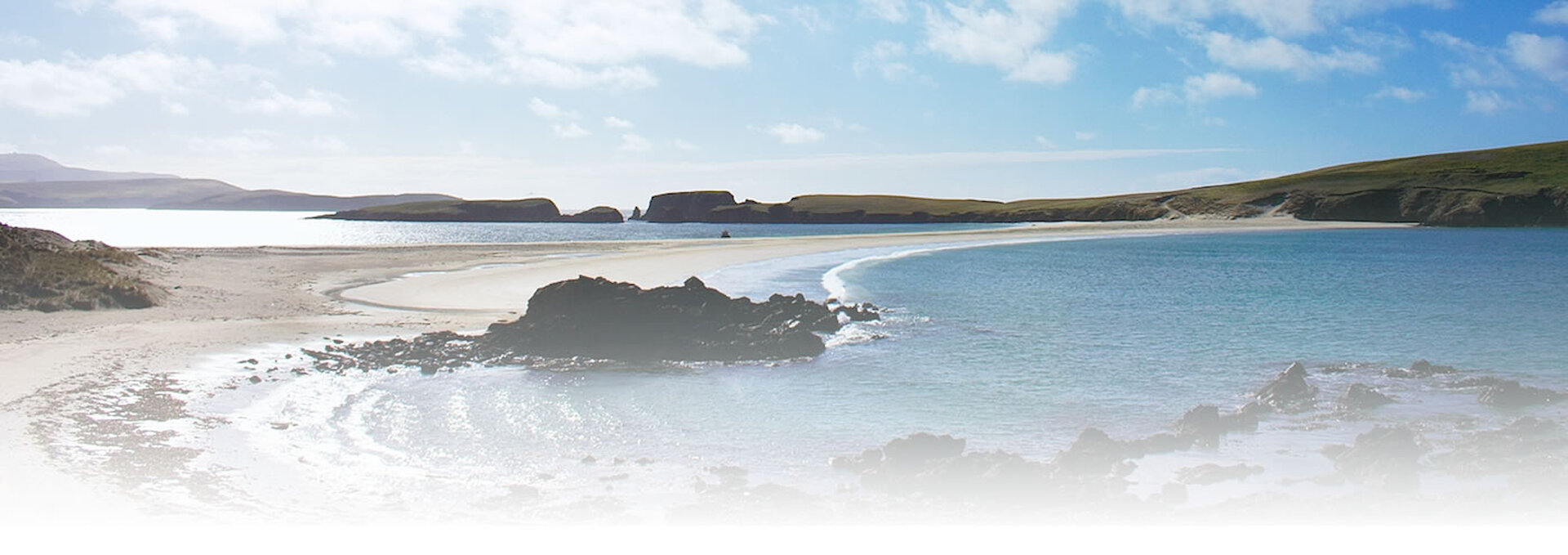Child and Adult Protection - Protecting Young People
- Age that young people should be referred to Child Protection or Adult Protection
Please note that this information supersedes the guidance about the age of referral contained in the 2019 Shetland Interagency Child Protection Procedures and should be fully adopted into practice. The 2019 Shetland Interagency Child Protection procedures remain fit for purpose in all other respects and work is underway to update them with the aim of issuing new procedures later this year. (2023)
- For any child or young person up to the age of 18 (regardless of whether they are attending school or not) a child protection referral should be made to Childrens Duty Social Work
- For young people who are over the age of 18, but who are still attending school a child protection referral to Childrens Duty Social Work should be made. For some young people who have additional support needs this may mean that they could be 19 and still attending school, but it would be appropriate to make a child protection referral
- Young people receiving continuing care or through care and after care (i.e. young people up to 26 who have been looked after) Childrens Duty Social Work in the first instance
- For any other young person over the age of 18 for whom there are concerns that they may be at risk then a referral to Adult Duty Social Work under Adult Protection Procedures is appropriate
In any situation where staff are concerned about the safety of a young person it is always appropriate to seek advice from a Line Manger or Duty Social Work – remember its everyone’s job to keep young people safe
It is also important to note that Protocol 11 Vulnerable Young People, in the Shetland Interagency Child Protection Procedures can be used to refer the young person if they meet the criteria contained in the protocol.
Following a referral to Duty Social Work an Interagency Referral Discussion may be held involving Social Work, Police Scotland, NHS Shetland and Schools Service (if appropriate). In some cases there may be a joint investigation (police and social work) and in others social work may make a single agency response to the risks and needs of the young person. In all situations, a referral to Duty Social Work is the starting point if a young person is at risk either as a result of their own behaviour or the actions of others.
Safeguarding Adults at Risk
- The Shetland Public Protection Committee undertakes all the duties of the Adult Protection Committee as laid down in the Adult Support and Protection (Scotland) Act 2007

This section gives advice on what to do if you suspect someone you know is suffering from harm, or if you think you are being harmed yourself. You will also be able to find information about the Adult Support and Protection (Scotland) 2007 Act, and how this important piece of legislation protects adults at risk.
In order to safeguard adults from harm, it is important that we work together. Professionals need to work with adults and their families as well as in partnership with other agencies, including the Police and Health. Please see Shetland inter-agency Adult Support and Protection Procedures for detailed information on how to respond to concerns about the safety of an adult.
To view the most recent Annual Report click here
For the Shetland Public Protection Committee Biennial Report 2020 - 2022 click here.
If you or the person being harmed is in immediate danger you should ring the police on 999, for non-emergency Police Scotland can be contacted on 101




